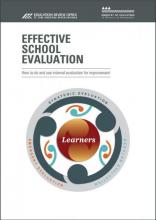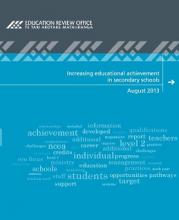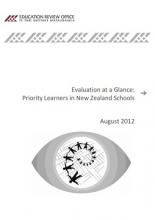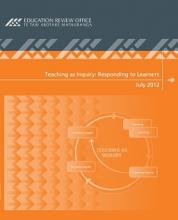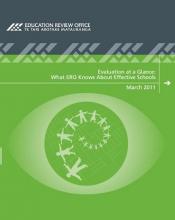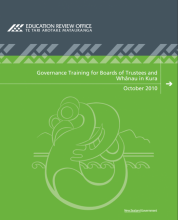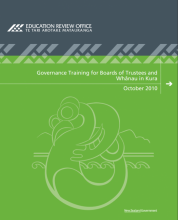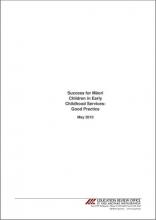Effective school evaluation: how to do and use internal evaluation for improvement
This guide to using internal evaluation for improvement purposes is published jointly by ERO and the Ministry of Education as a companion to School Evaluation Indicators: Effective Practice for Improvement and Learner Success and is supported by Internal Evaluation: Good Practice.
